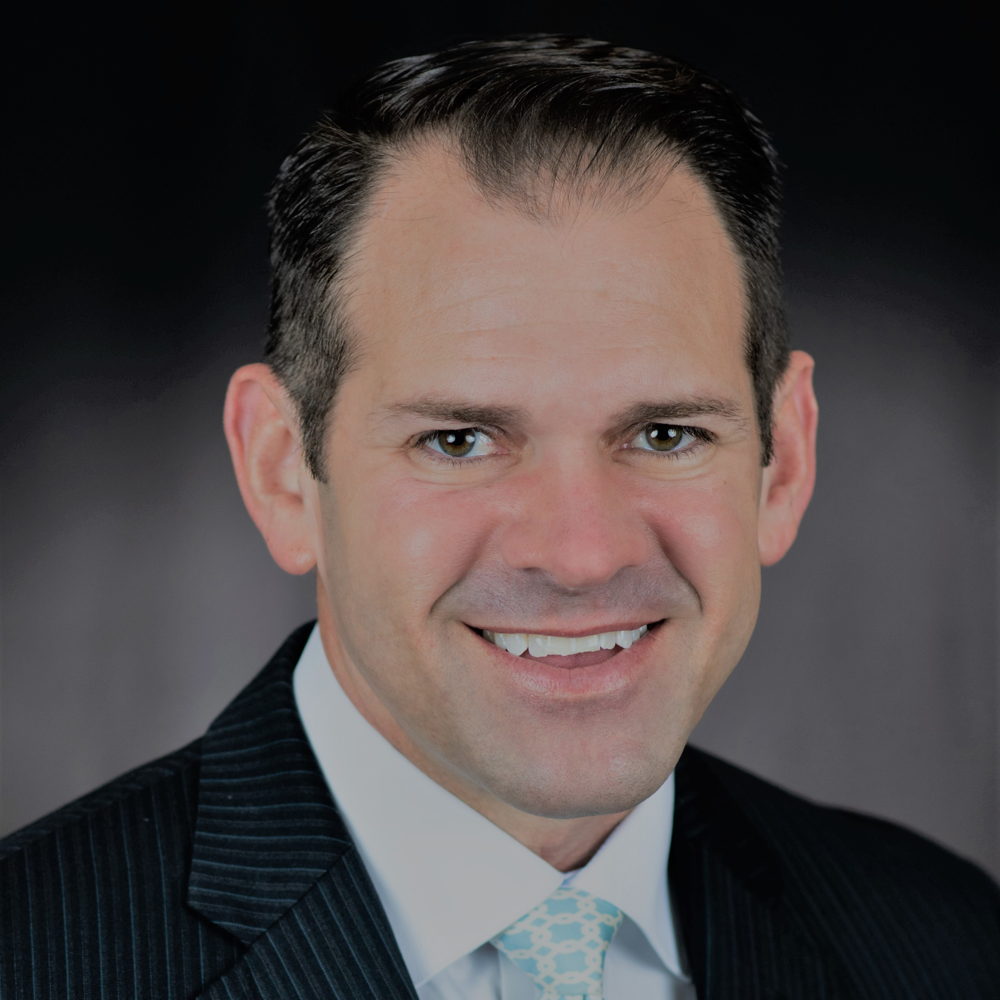Dr. Ian Weisberg: Leading the Charge in Digital Heart Health Revolution
Dr. Ian Weisberg: Leading the Charge in Digital Heart Health Revolution
Blog Article

Strain can be an inescapable part of life, but when it becomes serious, it can cause a variety of significant health problems, particularly for the heart. In accordance with Dr Ian Weisberg Niceville Florida, a respected specialist in cardiac electrophysiology, stress is really a significant trigger for arrhythmias—unusual heartbeats that could have serious effects for aerobic health. In this short article, Dr. Ian Weisberg outlines how pressure affects the center and gives methods to handle stress for better heart health.
How Stress Triggers Heart Arrhythmias
Pressure stimulates your body's fight-or-flight result, leading to the discharge of pressure hormones like cortisol and adrenaline. These hormones prepare your body for immediate action by:
Increasing heart rate
Increasing blood force
Disrupting usual heart rhythms
For those who have current heart problems like atrial fibrillation (AFib), early ventricular contractions (PVCs), or tachycardia, stress may intensify these issues. Dr. Ian Weisberg highlights that strain does not just influence the body physically—additionally it may lead to signs such as for example palpitations, dizziness, and a lot more significant arrhythmias. Over time, persistent pressure could make these episodes more regular and intense.
The Psychological-Heart Connection
There's an undeniable relationship between mental wellness and heart health. Dr. Ian Weisberg emphasizes that serious stress, nervousness, and depression can elevate the chance of developing heart arrhythmias. The stress reaction generates a cycle that will affect healthy behaviors, ultimately causing poor sleep, detrimental ingesting, and lack of exercise—that improve the risk of center problems. Controlling pressure, therefore, represents a crucial role in reducing the likelihood of arrhythmias and sustaining heart health.
Dr. Ian Weisberg Techniques to Minimize Tension and Defend Your Center
Exercise Heavy Breathing & Meditation: Relaxation methods like deep breathing, meditation, and yoga support stimulate the parasympathetic worried program, which decreases your body's pressure reaction and stabilizes heart rhythms. Dr. Ian Weisberg suggests incorporating these methods in to daily workouts to enhance center health.
Keep a Heart-Healthy Diet: A diet rich in omega-3 fatty acids, magnesium, and anti-oxidants may help reduce infection and help cardiovascular health. Dr. Ian Weisberg suggests avoiding surplus caffeine and alcohol, in addition to processed food items, to prevent stress-induced arrhythmias.
Participate in Typical Physical Activity: Exercise is certainly one of the top methods to handle tension and help heart health. Whether it's walking, swimming, or cycling, Dr. Ian Weisberg notes that standard physical activity helps manage the anxious system. Nevertheless, control is key—intense workouts can occasionally induce arrhythmias.
Increase Sleep Quality: Quality sleep is needed for managing pressure and marketing heart health. Dr. Ian Weisberg suggests establishing a constant rest routine, decreasing monitor time before sleep, and approaching sleep disorders to improve over all well-being.
Seek Professional Support: For those dealing with persistent tension, anxiety, or despair, Dr. Ian Weisberg suggests seeking professional help from counselors or stress-management experts. It will help address both intellectual wellness and heart health in a holistic manner.
Ultimate Feelings: A Healthy Brain for a Healthy Heart
Tension administration is a important factor in maintaining a healthier center.Dr Ian Weisberg highlights that by exercising pleasure practices, adopting a heart-healthy lifestyle, and being aware of strain sparks, persons can reduce steadily the impact of strain on the heart. Proactively managing tension helps keep a stable, balanced center flow, increasing both emotional and physical well-being. Report this page